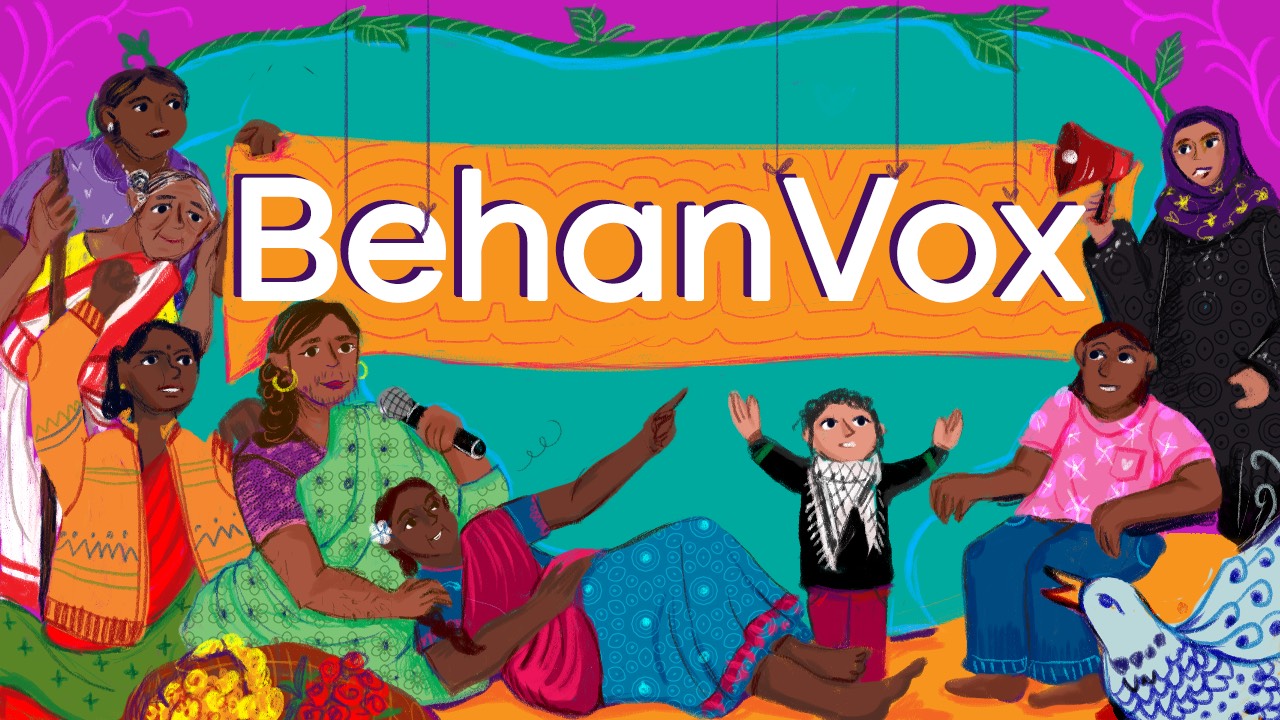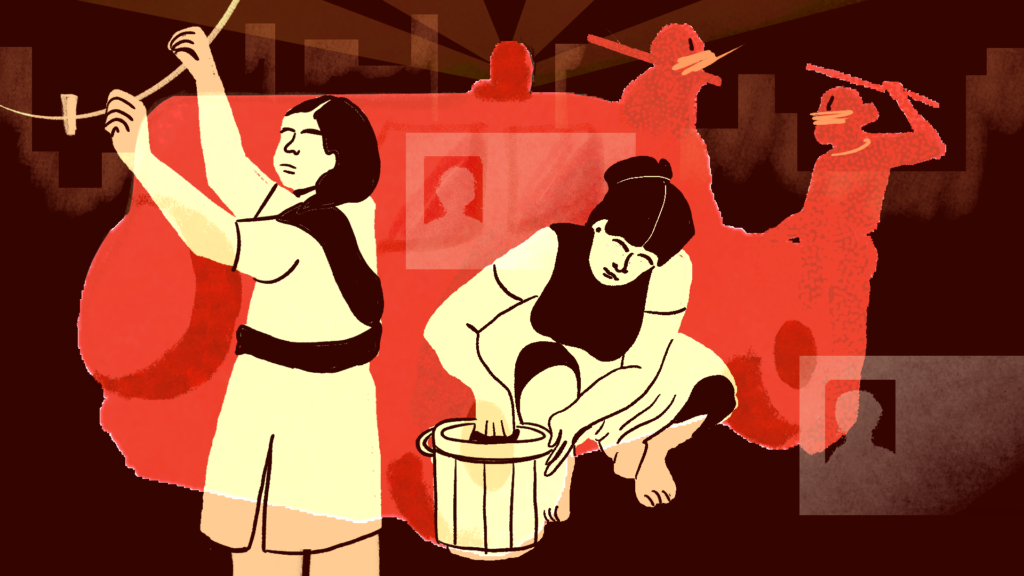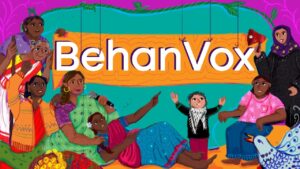[Readmelater]
BehanVox: The Exodus Of Gurugram’s Domestic Workers
This week in BehanVox: the histories of caste census in India, Karnataka's historic gig worker legislation, and more
Support BehanBox
We believe everyone deserves equal access to accurate news. Support from our readers enables us to keep our journalism open and free for everyone, all over the world.






